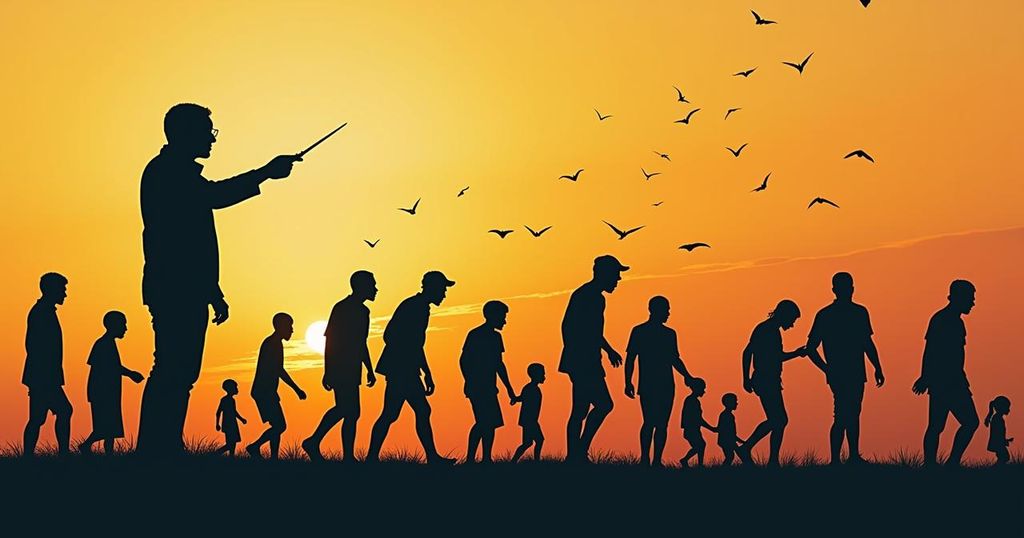Mozambique is preparing for its national elections on Wednesday, with four presidential candidates, including Daniel Francisco Chapo of the ruling party Frelimo, who is predicted to win. The election occurs amidst a backdrop of an ongoing ISIS-backed insurgency that has strained humanitarian and economic conditions. The outcome may reflect the changing political sentiments of younger voters and the challenges faced by former liberation movements.
On Wednesday, voters in Mozambique will participate in the country’s national elections, selecting a new president amid ongoing challenges due to an ISIS-backed insurgency. Four candidates are in contention, with the candidate Daniel Francisco Chapo from the ruling party, Frelimo, expected to dominate the election process. The primary focus will be on addressing the severe humanitarian and economic crises exacerbated by the insurgency, particularly in Cabo Delgado province where violence has persisted since 2017. Although the insurgency has diminished somewhat, the violence, including acts as gruesome as beheadings, casts a shadow over the current political climate and raises concerns regarding regional stability. Furthermore, Chapo’s election would mark a historic transition, as he would be the first leader born post-independence from Portugal in 1975. This election also serves as an opportunity for an independent candidate, who has gained considerable support from the disenfranchised youth, to challenge the existing political paradigm. As such, this electoral process is not merely about leadership but also a test of Mozambique’s democratic values and the fluctuating influence of former liberation movements whose popularity has waned significantly in recent years.
Mozambique has a complex socio-political landscape characterized by the historical legacy of colonialism and the post-independence struggles led by liberation movements. The country gained independence from Portugal in 1975, which marked the beginning of a new political era centered around the ideas espoused by its founding leaders. However, recent years have seen the rise of discontent among younger generations, who are increasingly critical of the ruling elite for failing to fulfill the promises of a prosperous future. The ongoing insurgency in Cabo Delgado adds an additional layer of urgency and complexity to the election, as the chosen leader will need to prioritize both security and social stability in their agenda.
The 2024 national elections in Mozambique represent a critical juncture for the country as it grapples with a history of insurgency and a need for political rejuvenation. With Daniel Francisco Chapo likely to assume the presidency, the implications of his leadership will resonate throughout the nation, particularly regarding efforts to quell violence while addressing the aspirations of a youthful electorate. The election outcome may also illuminate the broader trend of declining support for historical liberation movements across Southern Africa, prompting a reevaluation of political strategies moving forward.
Original Source: www.nytimes.com






